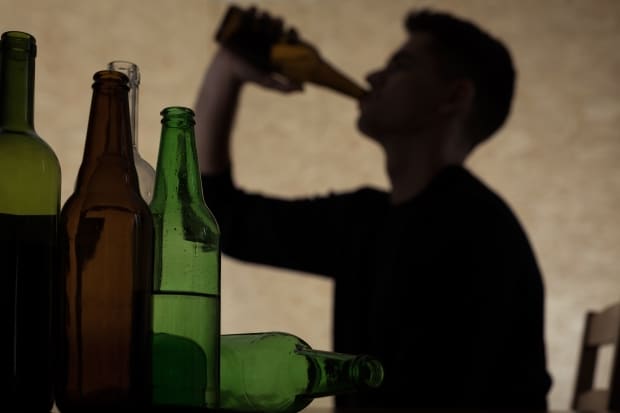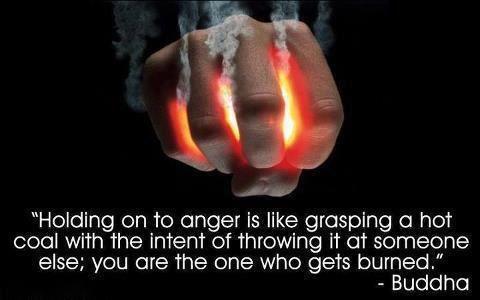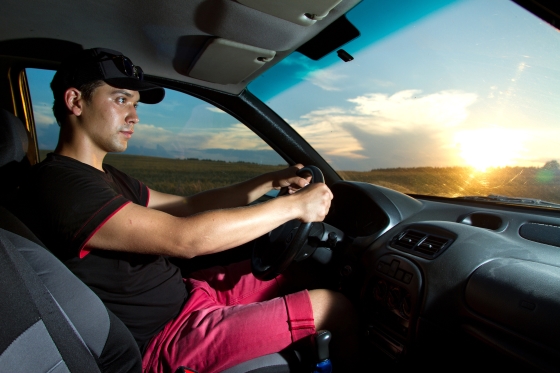The Risks Of Early And Binge Drinking
That’s what a young man who started drinking at the tender age of 15, well below the legal drinking age, had to say when asked if he had any regrets about teenage drinking. Though the risks of binge drinking are known, adults and teenagers alike, overindulge.
Alcohol.org wondered why and asked 1,000 people over the age of 18 about their drinking behavior to find out. It turns out only 9% of the participants waited until 21 years of age to have their first drink.
One in three had their first drink, like this young man, before they could legally drive — before the age of 16. Even more shocking is that more than 60% of the teens and young adults who started drinking admitted to binge drinking in those years and half of that population still practices risky drinking behavior today.
Some might ask the following question, what about when parents introduce drinking to their children and allow it under their supervision?
According to Alcohol.org’s study, only 30% of those whose parents allowed drinking are less likely to binge and 37% of those whose parents discussed the effects of alcohol are less likely to drink.
The study also offers insight into which types of drinks are more likely to lead to binge drinking. For example, nearly 50% of those whose first drinking experiences involved a beer binge as adults.
And why do teens pick up an alcoholic beverage, to begin with, if the negative consequences are grand?
They want to know what the buzz is about then when they find out, it becomes part of what they do for fun. However, Alcohol.org’s research also reveals that 30% of people wished they’d started drinking later in life rather than underaged.
As we deepen our understanding of addiction, it’s important parents carve out the space to discuss the effects of alcohol because it might change the trajectory of a teen’s life.
Learn the basics of discouraging teenage drinking without becoming over-bearing or too controlling in your teen’s eyes.















